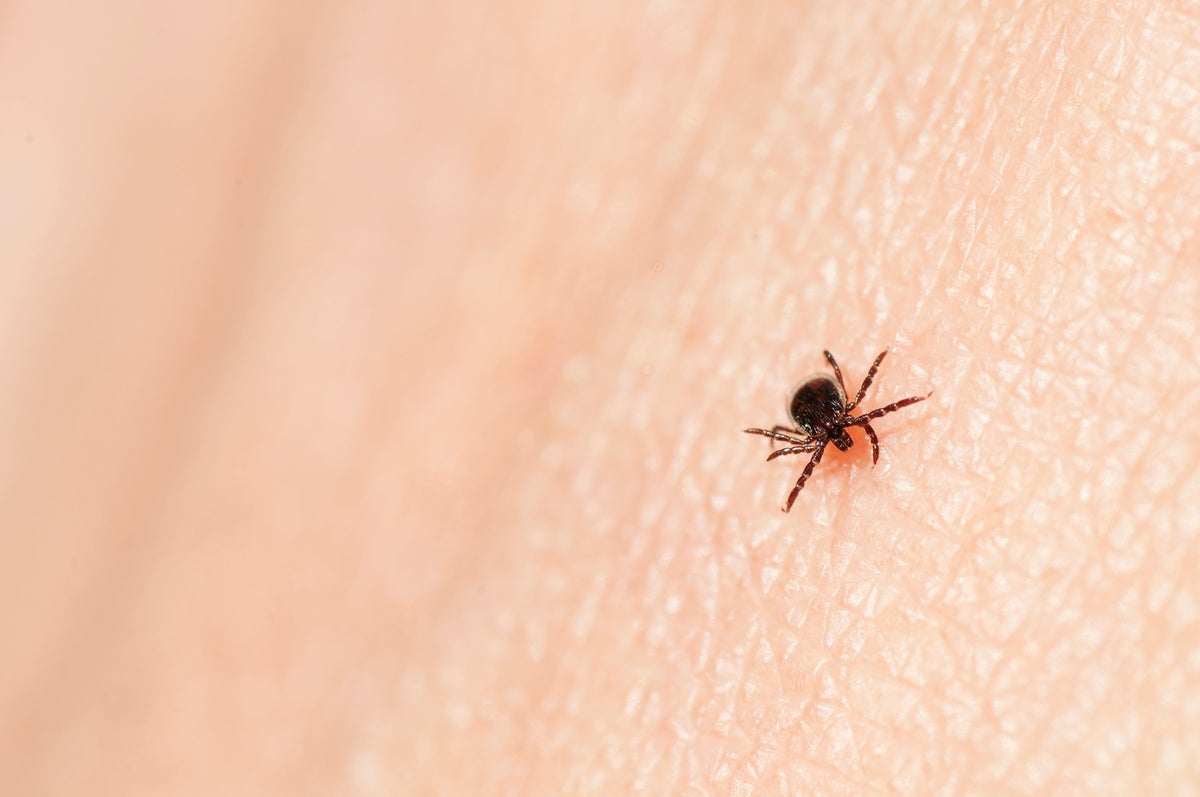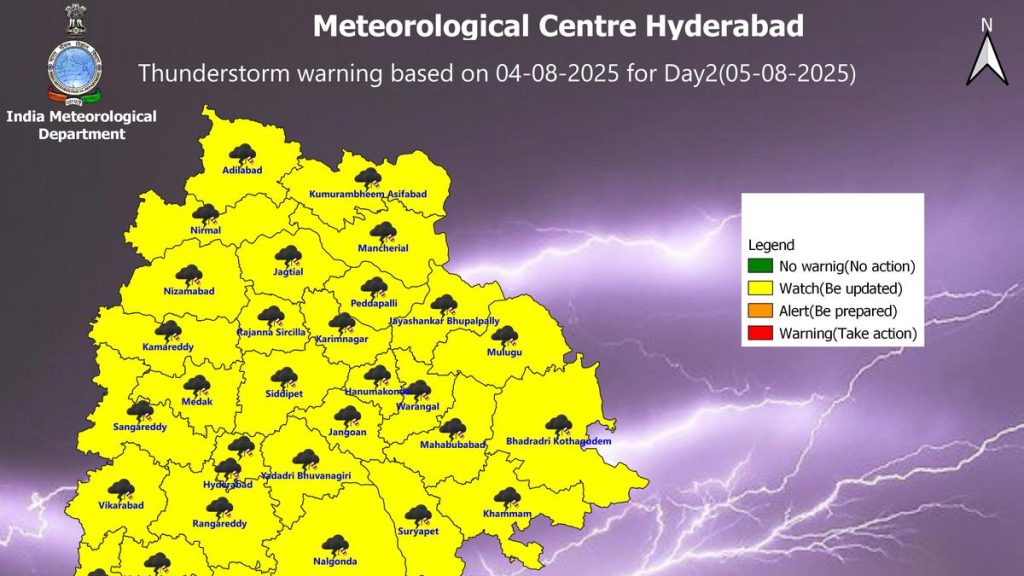Now Reading: Surge in Ticks and Lyme Disease: What’s Driving the Summer Spike?
-
01
Surge in Ticks and Lyme Disease: What’s Driving the Summer Spike?
Surge in Ticks and Lyme Disease: What’s Driving the Summer Spike?

Quick Summary
- Ticks and tick-borne diseases have seen a surge in the northeastern U.S. in 2025, with tick populations reportedly 20-30% higher than in 2024 at Fordham University’s Louis Calder research site.
- Lyme disease remains the most concerning tick-borne illness, affecting people globally; approximately one-third of nymph ticks and half of adult ticks carry the Borrelia burgdorferi bacteria responsible for Lyme transmission.
- Other pathogens carried by black-legged ticks include Babesia, Anaplasma, and Powassan virus, increasing overall health risks.
- Tick populations are influenced by numerous factors including invasive plant species, environmental conditions (rainfall, relative humidity), host availability such as rodents like white-footed mice (linked to acorn production), and effects of climate change.
- Climate change is considered a significant driver expanding tick habitats but does not fully explain yearly population spikes observed locally due to complex ecological interactions.
- New threats such as lone star ticks causing red meat allergies and Asian longhorn ticks perhaps introducing new diseases are emerging concerns.
- Vaccines targeting Lyme disease remain under advancement; progress depends on overcoming biological challenges posed by bacteria adaptability as well as growing antivaccine sentiment globally.
Indian Opinion Analysis
The rise in global tick populations presents urgent lessons for India’s public health preparedness amidst warming climates and evolving ecosystems. Though India does not yet face widespread impacts from traditional Lyme disease carriers like deer ticks, similar vector-borne threats could emerge given shifts linked to climate variability-potentially enabling rapid introductions or expansions of established vectors such as mosquitos or other new invasive species. For India, investing more resources into predictive ecological monitoring coupled with robust education campaigns around outdoor safety could mitigate future risks stemming from arthropod-related illnesses.
Additionally, this report highlights how interconnected global systems-from rising temperatures to invasive plant species-can influence vector behavior unpredictably year-to-year.This complexity underscores the importance for Indian researchers to focus on deeper ecological studies tailored specifically toward homegrown zoonotic risks rather than relying heavily upon Western-centric frameworks for vector-control strategies.
Lastly-and perhaps most critically-the global discourse surrounding vaccine readiness against pathogens like Borrelia burgdorferi mirrors India’s need to strengthen vaccine confidence among its populace ahead of anticipated novel interventions combating established or emergent infectious agents facilitated through human-vector interaction networks over time.

























